Member Directory,
1847 - 1922
Henry Lane Eno
Student and Writer/Psychologist/Gentleman
Centurion, 1911–1928
Henry Holt and Albert Herter
New York (Manhattan), New York
Somerset, England
Age thirty-nine
Simsbury, Connecticut

Archivist’s Notes
Son of Henry C. Eno; nephew of Amos F. Eno, John C. Eno, James W. Pinchot, and Charles B. Wood; cousin of Gifford Pinchot
Century Memorial
Henry Lane Eno’s bent was towards the study of psychology. At Princeton he held the non-salaried post of research associate in that science, and he gave the university the laboratory building for such investigation. The general public knew him less for these philosophical activities than for the part which circumstances made him play in the famous six year litigation over the “Eno Will.” That contest over the distribution of a $10,000,000 fortune, of which Amos F. Eno left a little less than half to his father’s descendants, served mostly to illustrate the curious complications that arise in such incidents and the absurdities which, in those days at any rate, surrounded trial and determination of the case.
It did not need the Stock Exchange speculation of 1928, in which industrial shares which paid no dividends were bid up from $40 a share to $400 because the public imagination was touched by the company’s picturesque activities, to suggest that corporations have a personality which dominates the business scene. In that respect, there has been an interesting change from the days when Lord Thurlow, paraphrasing Sir Edward Coke, asked from the bench how a corporation could be expected to have a conscience, since it possessed “no body to be kicked and no soul to be damned.” Nowadays, not only have Congress and the Courts learned how to administer physical chastisement to incorporated companies, but the public, which used to impute a wicked heart and an evil imagination to pretty much all corporations, is beginning to picture companies with benevolent instincts and moral purposes; companies which observe the Golden Rule; in short, corporations with a soul. Perhaps the public judgment goes as far in its reaction from the judgments of 1904 as it went in the other direction during the early Anti-Trust Law days. There can be no doubt, however, of the new conception of their responsibilities by the companies themselves. Nevertheless, the popular view which ascribes to the great corporation a distinctive ethical character of its own, often misses the point that this character is after all only the product of a dozen unseen and very human individualities.
Alexander Dana Noyes
1929 Century Association Yearbook
Related Members
Member Directory Home-
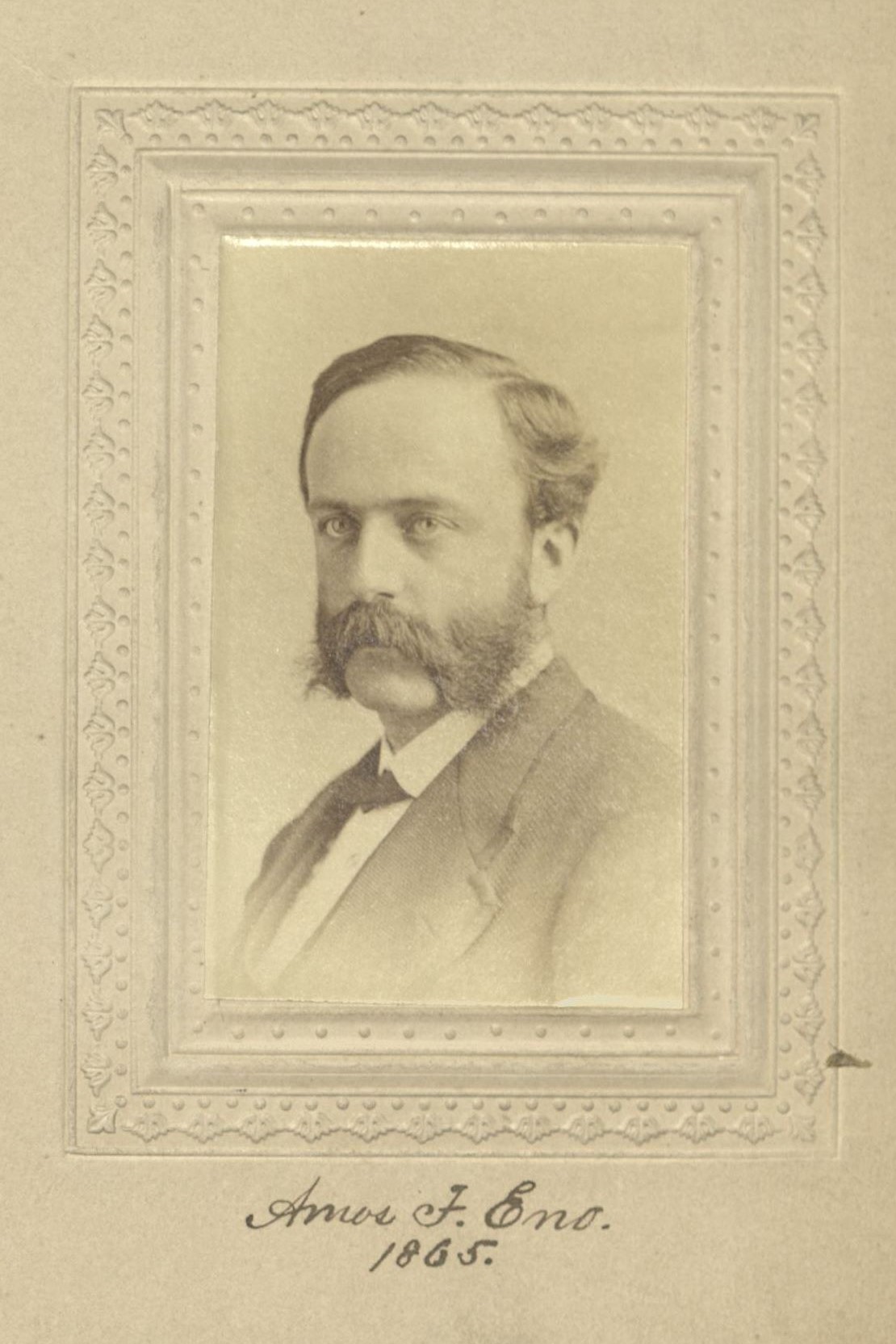 Amos F. EnoMerchant (Dry Goods)/BankerCenturion, 1865–1915
Amos F. EnoMerchant (Dry Goods)/BankerCenturion, 1865–1915 -
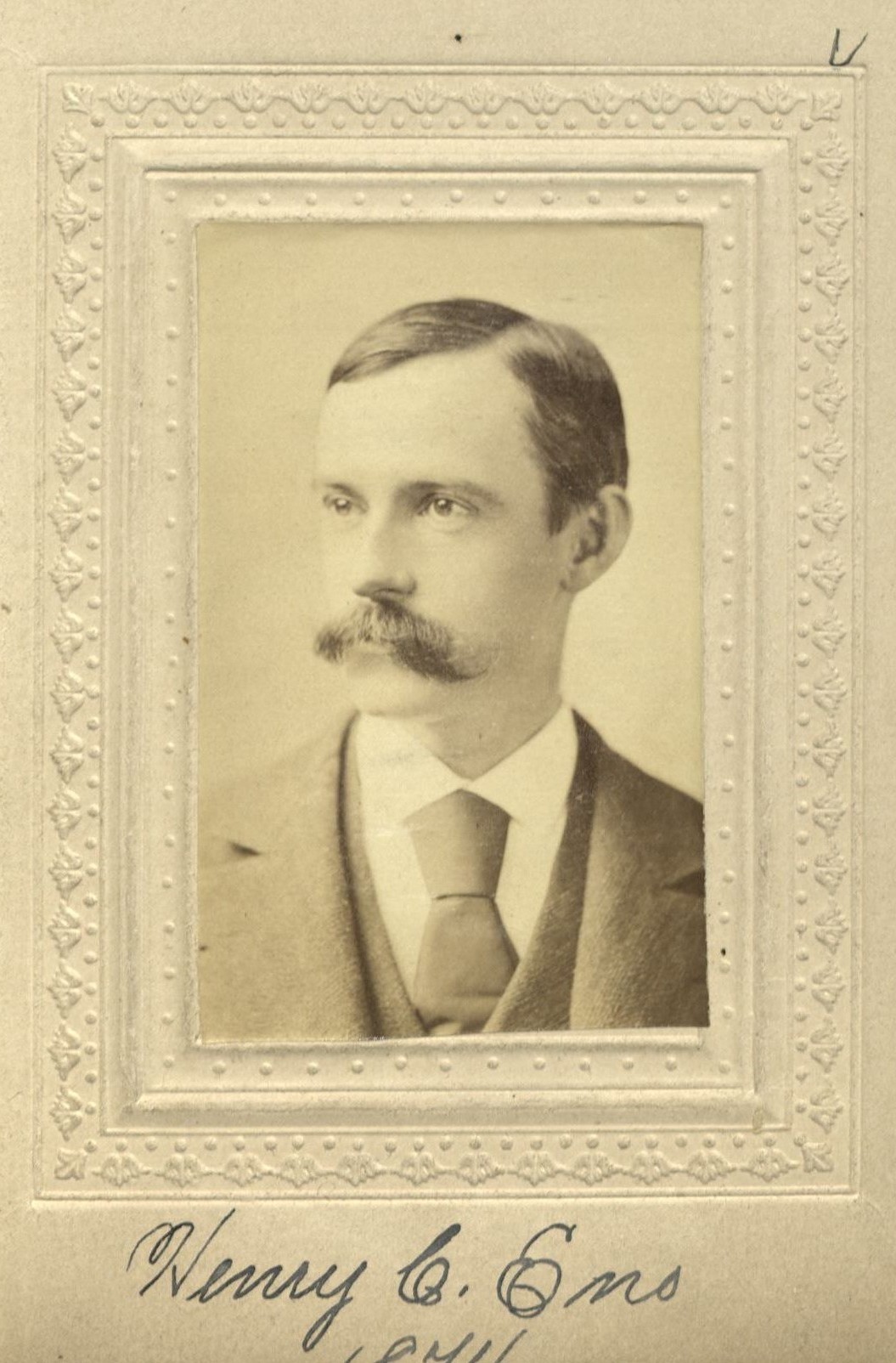 Henry C. EnoSurgeonCenturion, 1874–1914
Henry C. EnoSurgeonCenturion, 1874–1914 -
 John C. EnoBankerCenturion, 1879–1884
John C. EnoBankerCenturion, 1879–1884 -
 Albert HerterArtistCenturion, 1894–1950
Albert HerterArtistCenturion, 1894–1950 -
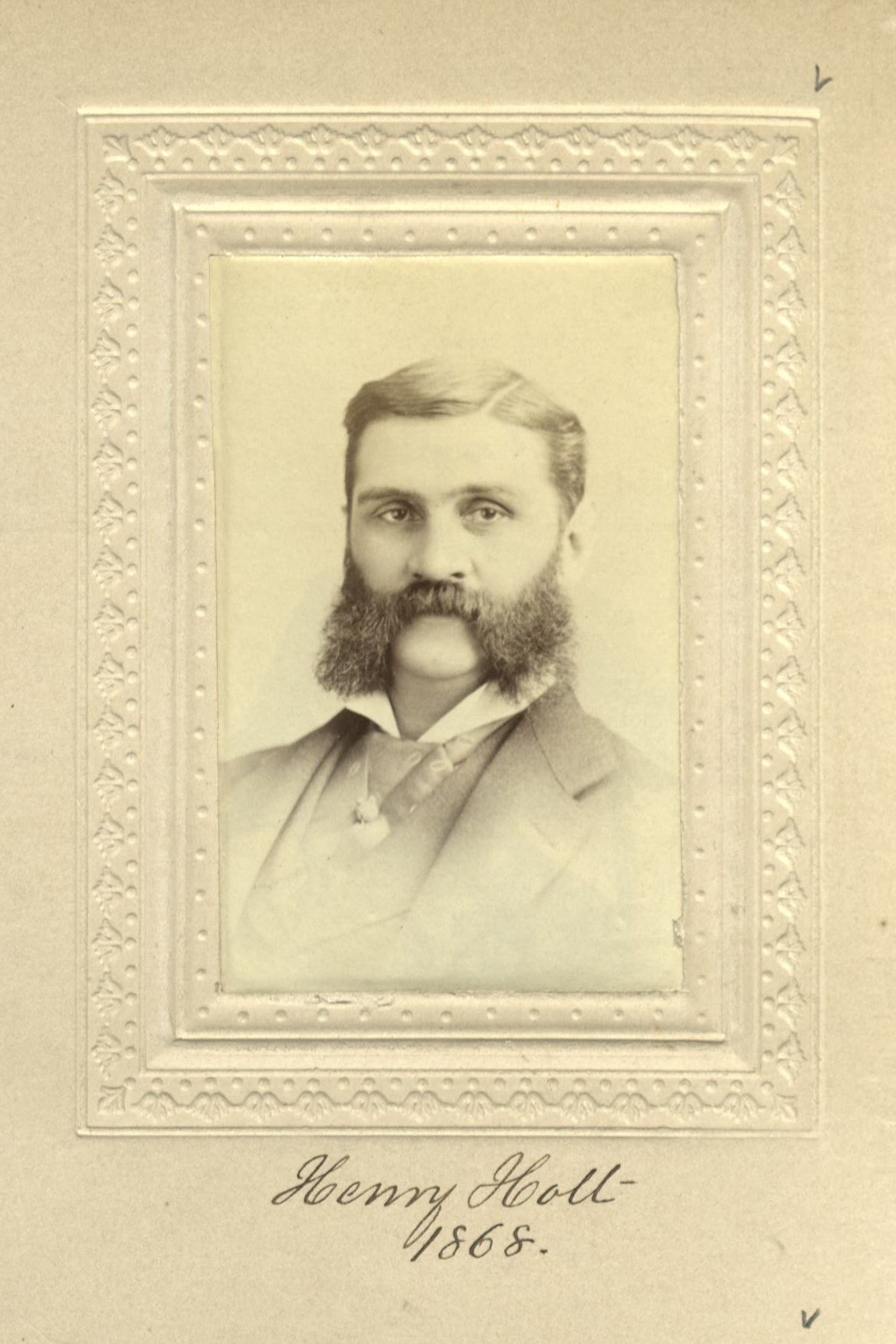 Henry HoltPublisher/AuthorCenturion, 1868–1926
Henry HoltPublisher/AuthorCenturion, 1868–1926 -
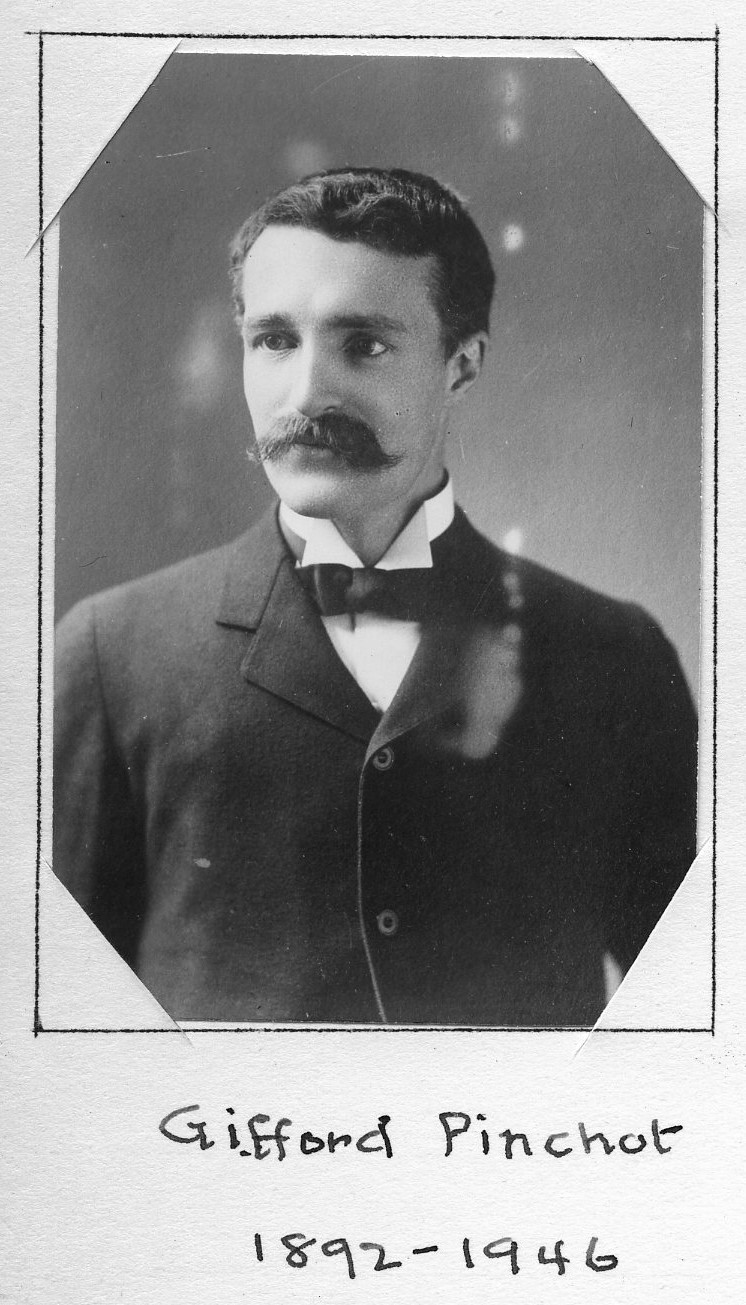 Gifford PinchotForester/Governor of PennsylvaniaCenturion, 1892–1946
Gifford PinchotForester/Governor of PennsylvaniaCenturion, 1892–1946 -
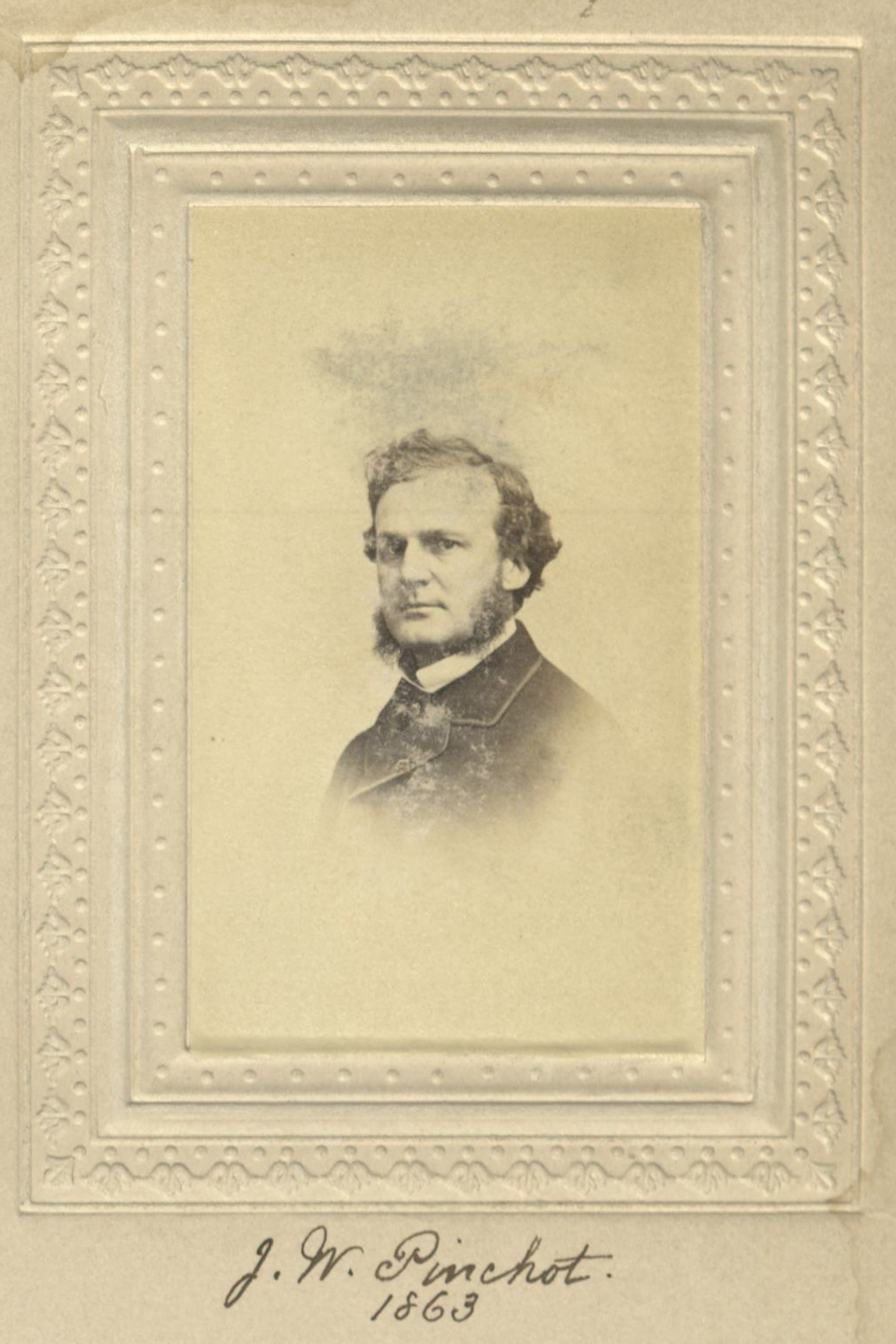 James W. PinchotImporter/Manufacturer (Wallpaper)Centurion, 1863–1908
James W. PinchotImporter/Manufacturer (Wallpaper)Centurion, 1863–1908 -
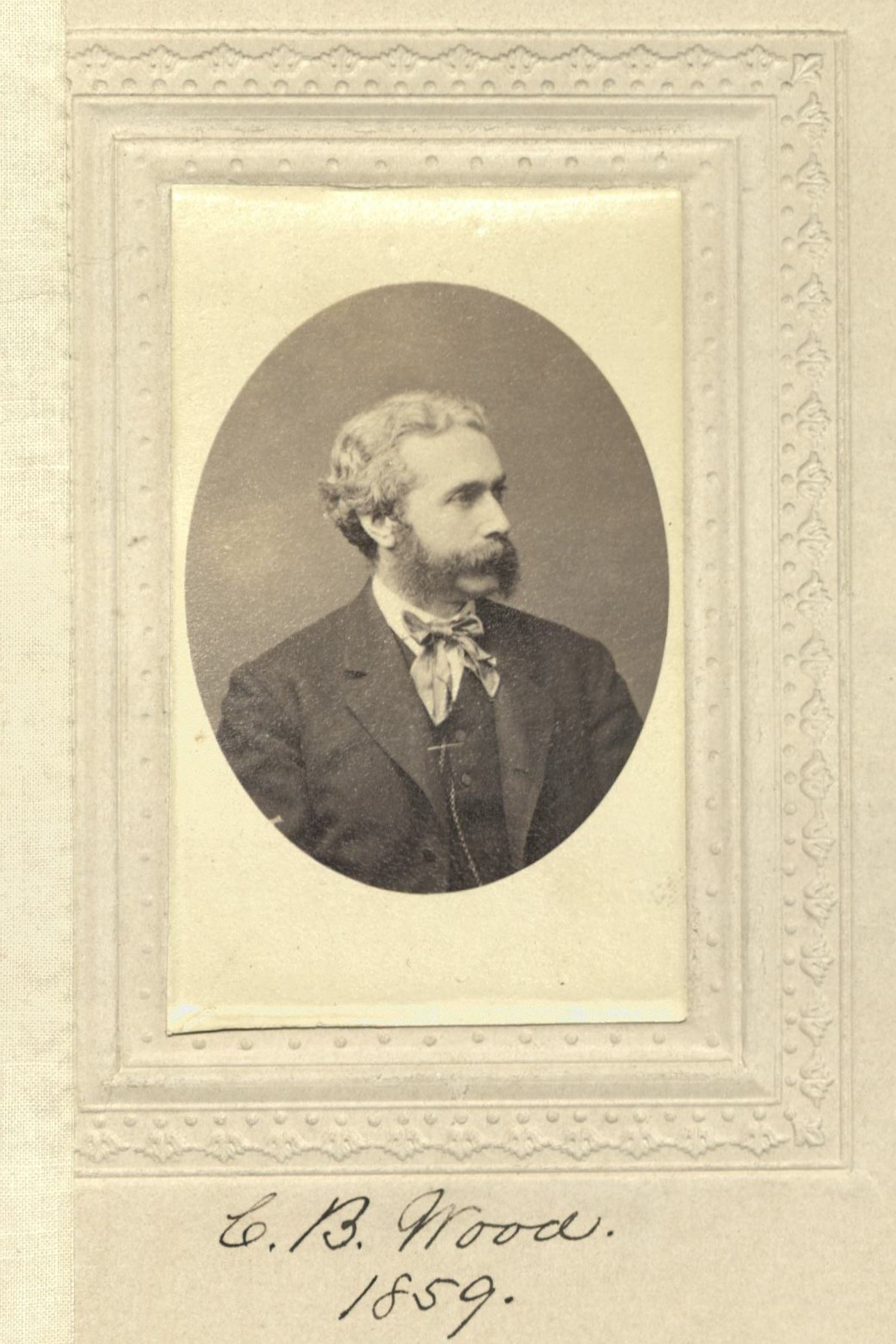 Charles B. WoodCarriage ManufacturerCenturion, 1859–1877
Charles B. WoodCarriage ManufacturerCenturion, 1859–1877






